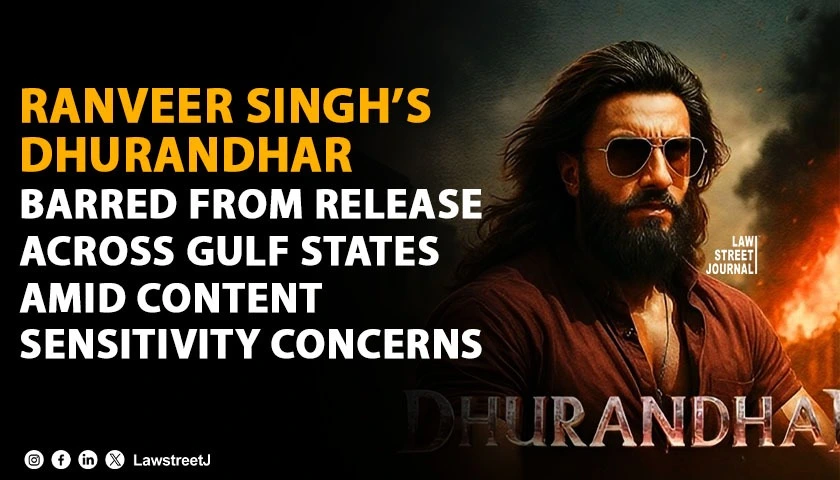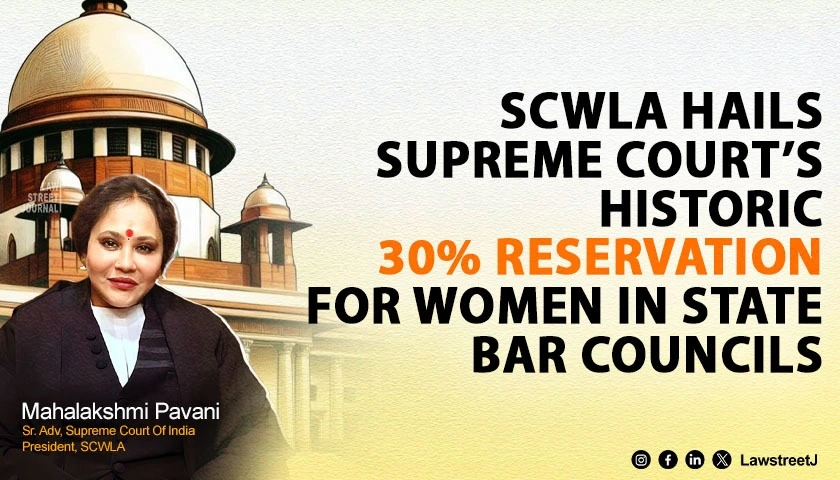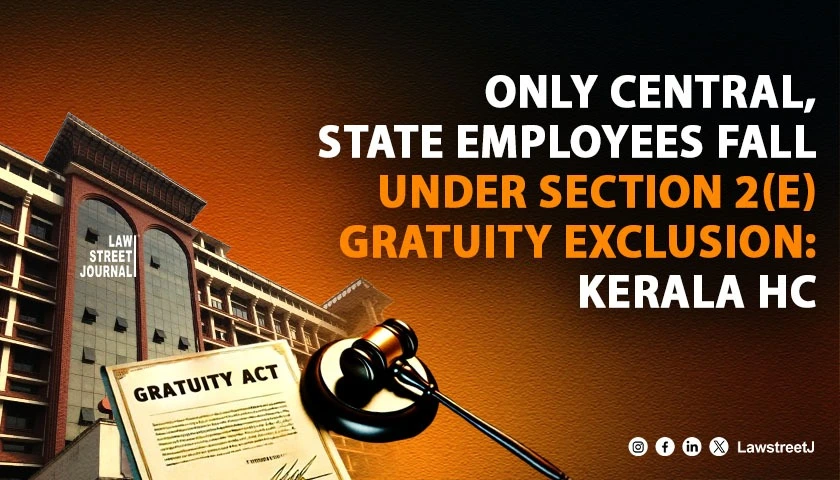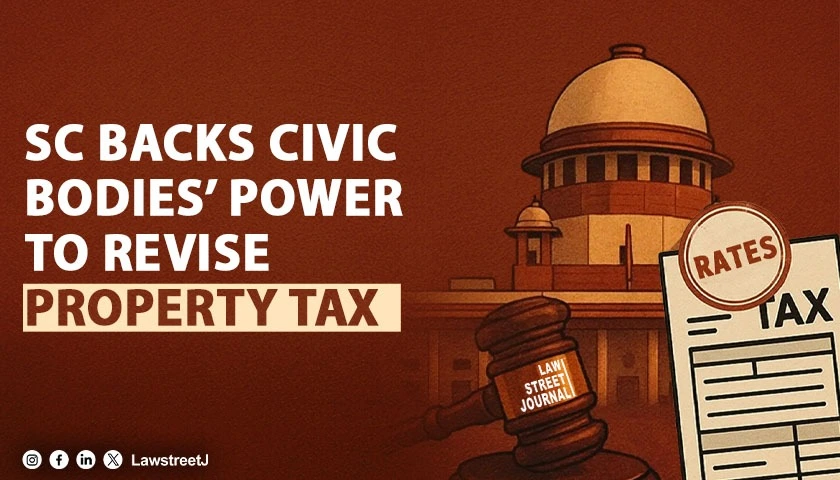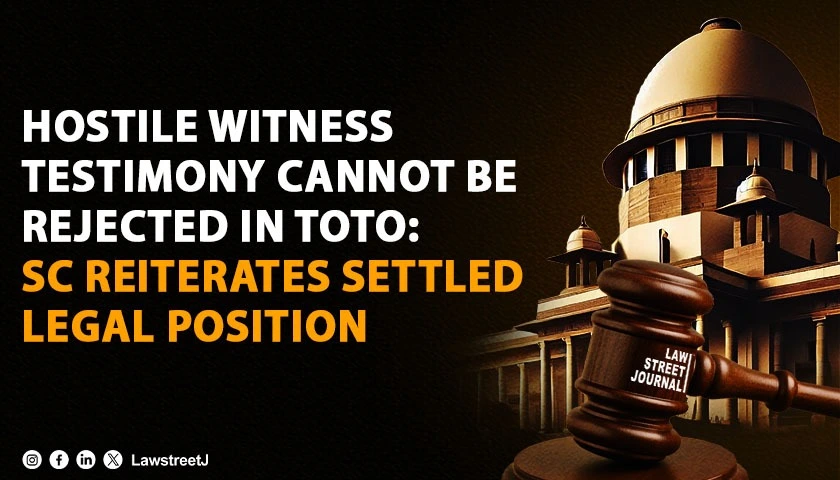NEW DELHI: The Supreme Court has recently acquitted a death row convict in the rape and murder of a 6-year-old girl child saying it cannot make someone a victim of injustice to compensate for the injustice to the victim of a crime.
"We cannot shy away from the fact that it is a ghastly case of rape and murder of a 6-year-old child. By not conducting the investigation properly, the prosecution has done injustice to the family of the victim. By fixing culpability upon the appellant without any shred of evidence which will stand the scrutiny, the prosecution has done injustice to the appellant, a bench of Justices S Abdul Nazeer, A S Bopanna, and V Ramasubramanian said.
The bench allowed the man to walk free after he spent about 10 years in jail, saying Court cannot make someone, a victim of injustice, to compensate for the injustice to the victim of a crime.
Finding seriously inherent contradictions in the statements of prosecution witnesses, the bench said the courts below failed to take note of even as "When the offence is heinous, the court is required to put the material evidence under higher scrutiny."
The top court said no one spoke as to who sent the FIR to the court and when it was sent and strangely even the copy of the post mortem report was admittedly received by SHO on March 13, 2012, though the post mortem was conducted on March 9, 2012.
It was the same date on which the FIR reached the court. These factors certainly create a strong suspicion on the story as projected by the prosecution, but both the courts have overlooked the same completely. This erroneous approach on the part of the sessions court and the high court has led to the appellant being ordained to be dispatched to the gallows," the court said.
Chotkau was convicted for the offences of rape and murder, and sentenced to death by the sessions court, which was also confirmed by the Allahabad High Court.
The top court set aside the death penalty and conviction of the man.
In fact, this is a case where the appellant is so poor that he could not afford to engage a lawyer even in the sessions court. After his repeated requests to the court of District and Sessions judge, the service of an advocate was provided as amicus. In cases of such nature, the responsibility of the court becomes more onerous, the bench said.
Senior advocate S Nagamuthu appeared for the appellant and Additional Advocate General Ardhendumauli Kumar Prasad represented the Uttar Pradesh government.
According to the prosecution on March 08, 2012 at about 20:10 hrs, a resident of Village Semgarha, PS Ikauna, District Shravasti lodged a complaint alleging that at about 4:00 pm, the appellant took his niece aged about six years under the pretext of showing dance and song performances on the occasion of the Holi Festival.
When the girl did not return home, a search was conducted. It was found that the appellant was not there in his house, but the dead body of the girl was found in the sugarcane field located on the southern side of the village. A villager who was part of the team that searched.for the missing girl, claimed to have seen the appellant leaving the sugarcane field. Therefore, invoking the last seen theory and on the basis of circumstantial evidence, the appellant was charged for the commission of the offences of raping the minor girl and murdering her.
[Read Order]


